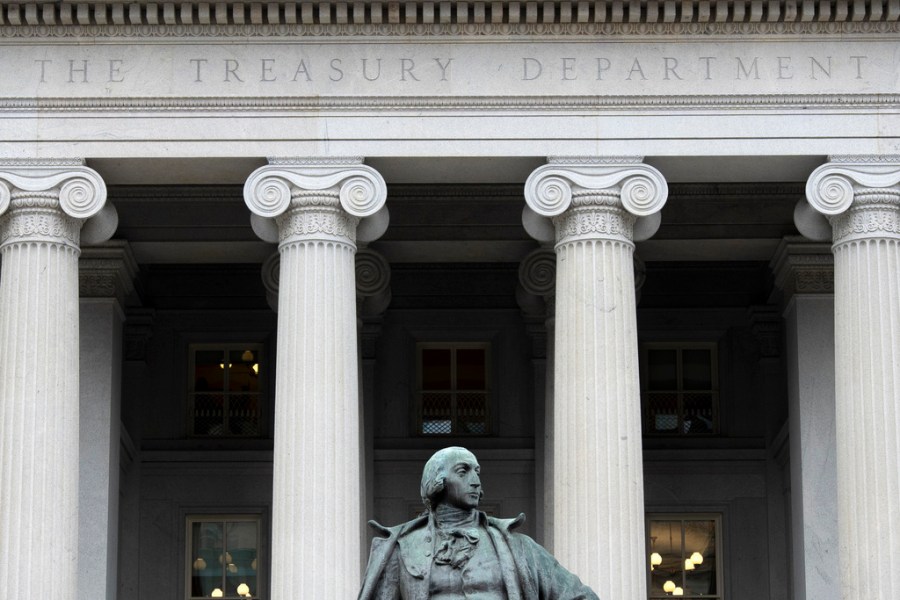The Trump administration has taken significant steps to address the issue of government-driven debanking by issuing an executive order that prohibits regulators from considering “reputational risk” in their examinations of financial institutions. This directive is seen as a critical win for businesses and consumers who have expressed concerns about the impact of such practices on their financial stability.
The executive order, announced on March 15, 2024, aims to protect financial institutions from being penalized based on subjective assessments of their reputations. This move reflects a growing recognition of the need for clear and objective criteria in regulatory assessments, particularly in the context of financial services where reputational issues can lead to severe consequences for both businesses and consumers.
Call for Legislative Action
Following the executive order, advocates are urging Congress to codify this initiative into law. They emphasize the importance of updating outdated anti-money laundering laws to enhance protections for financial entities and their clients. The current framework has not kept pace with the evolving landscape of financial crime and compliance, raising concerns among industry stakeholders.
Donald Trump highlighted the necessity for these changes during a press briefing, stating that the administration aims to create a more favorable environment for businesses while ensuring consumer protection. “We must modernize our regulatory framework to eliminate unnecessary burdens that hinder growth and innovation,” he noted.
The financial services sector has been particularly vocal about the adverse effects of reputational risk assessments. Many institutions have reported challenges in securing banking services due to past controversies, even if they have resolved underlying issues. By eliminating such assessments from regulatory evaluations, the administration hopes to foster a more equitable and transparent banking environment.
Impact on the Financial Landscape
Experts suggest that this executive order could lead to a broader shift in how financial institutions are regulated. With a more objective approach, businesses may find it easier to navigate compliance requirements without the looming threat of reputational damage. This could encourage new entrants into the market, fostering competition and innovation.
Moreover, the move addresses concerns from various sectors, including small businesses that have faced difficulties in securing banking relationships. By alleviating the fears associated with reputational risk, the administration aims to boost confidence in the financial system, ultimately benefiting consumers.
As the administration pushes for legislative changes, the financial community will be closely monitoring Congress’s response. Support from lawmakers could solidify these efforts and ensure that businesses can operate without the fear of arbitrary regulatory actions based on reputation alone.
In conclusion, the executive order issued by the Trump administration marks a pivotal moment in the ongoing discourse surrounding government-driven debanking. The call for Congress to act is crucial in modernizing the regulatory landscape and providing clearer guidelines for financial institutions, thereby supporting both businesses and consumers in the evolving economic environment.
